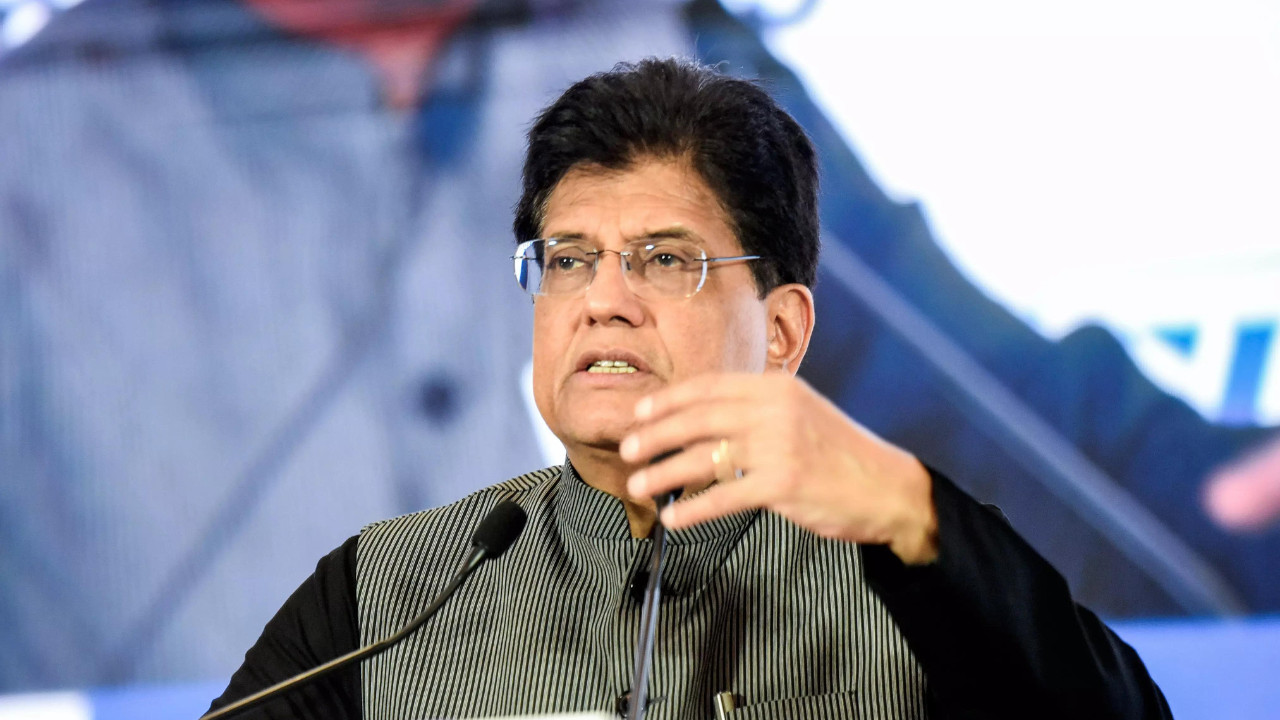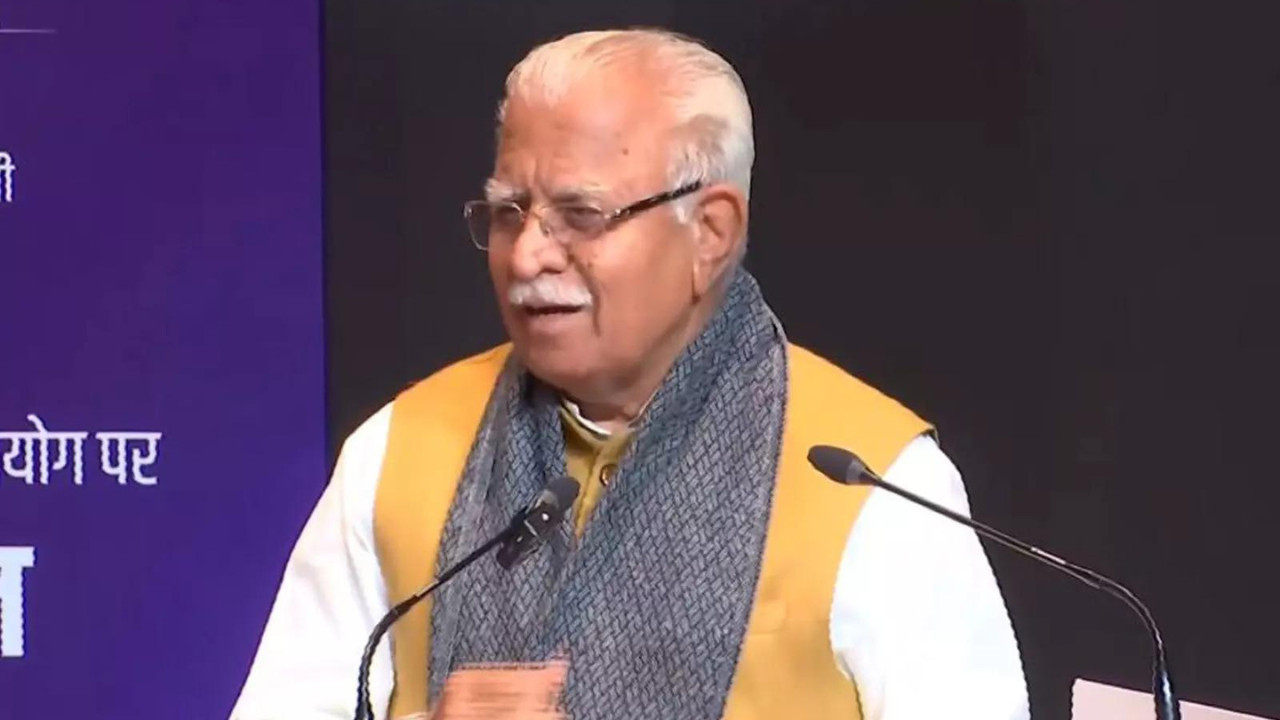India is set to open its nuclear energy sector to private companies. This move aims to boost energy security and technological advancement. The government plans to increase nuclear power capacity significantly by 2047. A new bill will be introduced to facilitate this major policy shift. This reform follows the successful opening of the space sector to private players.
India’s Nuclear Dawn: Private Sector Set to Ignite Atomic Energy
India’s energy landscape is on the verge of a seismic shift. Prime Minister Modi recently unveiled ambitious plans to throw open the nuclear sector to private players, signaling a bold new chapter in the nation’s pursuit of energy independence and technological advancement. This move isn’t just about generating more electricity; it’s about fostering innovation and propelling India to the forefront of nuclear technology on a global scale. The implications are profound, touching everything from national security to economic growth and sustainable energy solutions.
For decades, India’s nuclear industry has been the exclusive domain of the Department of Atomic Energy (DAE) and its affiliated public sector undertakings. This guarded approach, while ensuring safety and security, has arguably stifled innovation and limited the sector’s capacity to meet the burgeoning energy demands of a rapidly growing economy. Now, the government is betting that private sector involvement will inject fresh capital, expertise, and a competitive spirit into the field.

The rationale behind this policy shift is multi-faceted. Firstly, India’s energy needs are escalating dramatically. As the country strives to become a global economic powerhouse, access to reliable and affordable electricity is paramount. Nuclear energy, with its capacity to provide baseload power and minimal carbon footprint, is seen as a crucial component of the nation’s energy mix. Secondly, the government recognizes the need to move beyond conventional nuclear reactor designs. Next-generation reactors, such as small modular reactors (SMRs) and advanced heavy water reactors (AHWRs), offer enhanced safety features, improved efficiency, and greater flexibility in deployment. Encouraging private sector participation is expected to accelerate the development and deployment of these cutting-edge technologies.
Why Private Sector Involvement is a Game Changer for Nuclear Energy
The introduction of private players into the nuclear sector promises to unlock a wave of innovation. Private companies, driven by market forces and profit motives, are likely to invest heavily in research and development, exploring novel materials, advanced manufacturing techniques, and innovative reactor designs. This competition will not only drive down costs but also lead to the development of safer and more efficient nuclear power plants.
Consider the potential of small modular reactors (SMRs). These compact, factory-fabricated reactors offer several advantages over traditional large-scale nuclear plants. They require smaller upfront investments, can be deployed in remote locations, and are inherently safer due to their simplified design and passive safety features. Private companies are well-positioned to capitalize on the SMR market, developing and deploying these reactors to meet the energy needs of diverse communities and industries. We’ve previously discussed the importance of modularity in other energy sectors, and the parallels here are striking.
Beyond power generation, private sector involvement can also spur innovation in other areas of the nuclear industry, such as nuclear medicine, industrial applications of radioisotopes, and waste management. These spin-off technologies can have a significant impact on various sectors of the economy, from healthcare to manufacturing.
Navigating the Challenges of Nuclear Privatization
While the potential benefits of private sector participation in the nuclear sector are substantial, the path forward is not without its challenges. Nuclear technology is inherently complex and carries significant safety and security risks. Ensuring that private companies adhere to the highest standards of safety and security will be crucial. The government will need to establish a robust regulatory framework that provides clear guidelines, rigorous oversight, and effective enforcement mechanisms.
Another challenge lies in attracting private investment to the nuclear sector. Nuclear projects are capital-intensive and have long gestation periods. Private investors will require a stable and predictable policy environment, as well as attractive financial incentives, to be willing to commit significant resources to these projects. This could involve offering tax breaks, guaranteeing power purchase agreements, and providing access to financing at competitive rates. The government’s role in de-risking nuclear projects will be critical to attracting private capital.
Finally, public acceptance of nuclear energy remains a hurdle. Concerns about safety, waste disposal, and proliferation risks need to be addressed through transparent communication, public education, and community engagement. Building trust and confidence in the safety and security of nuclear power plants will be essential for gaining public support for this crucial energy source.
A Nuclear Future for India
India’s decision to open its nuclear sector to private players is a bold and transformative step that has the potential to reshape the country’s energy landscape and propel it to the forefront of nuclear technology. While challenges remain, the government’s commitment to creating a supportive policy environment and fostering innovation should pave the way for a vibrant and competitive nuclear industry. If successful, this initiative will not only enhance India’s energy security but also contribute to its economic growth and its efforts to combat climate change. The next few years will be critical in determining whether this vision can be realized, ushering in a new era of nuclear power in India.







